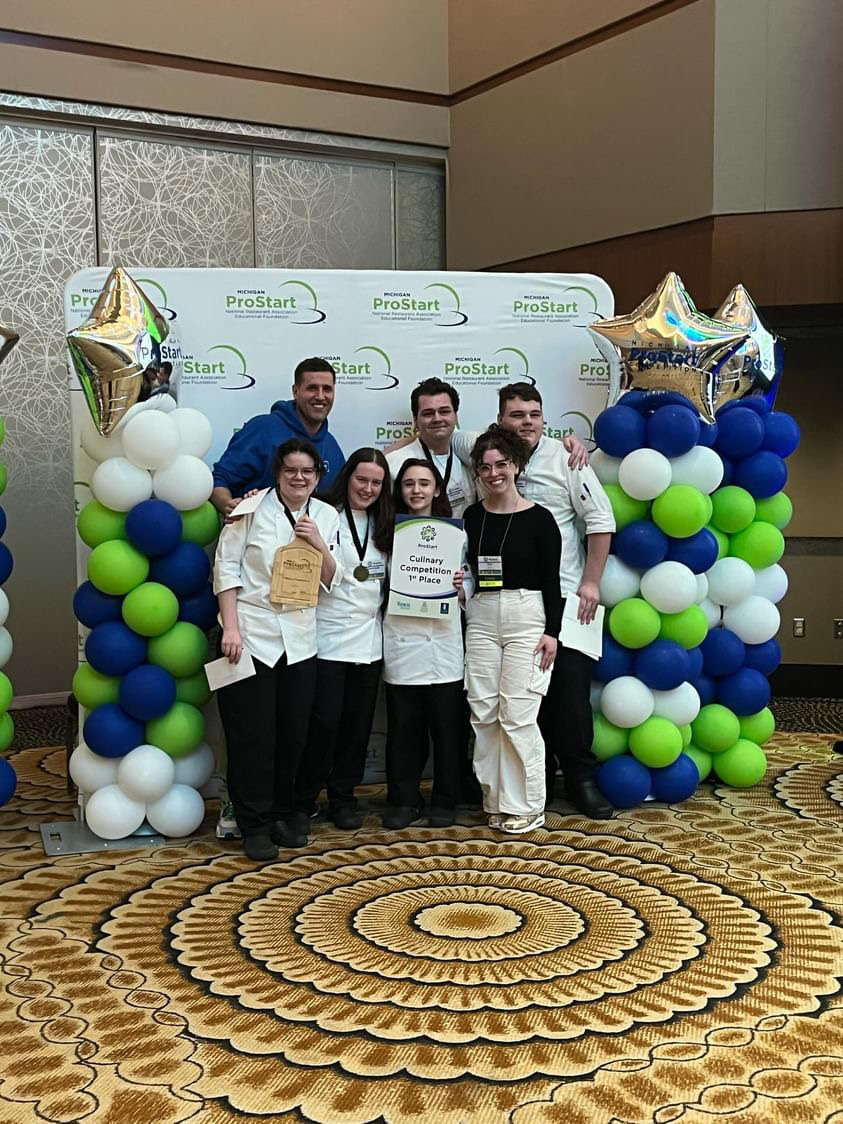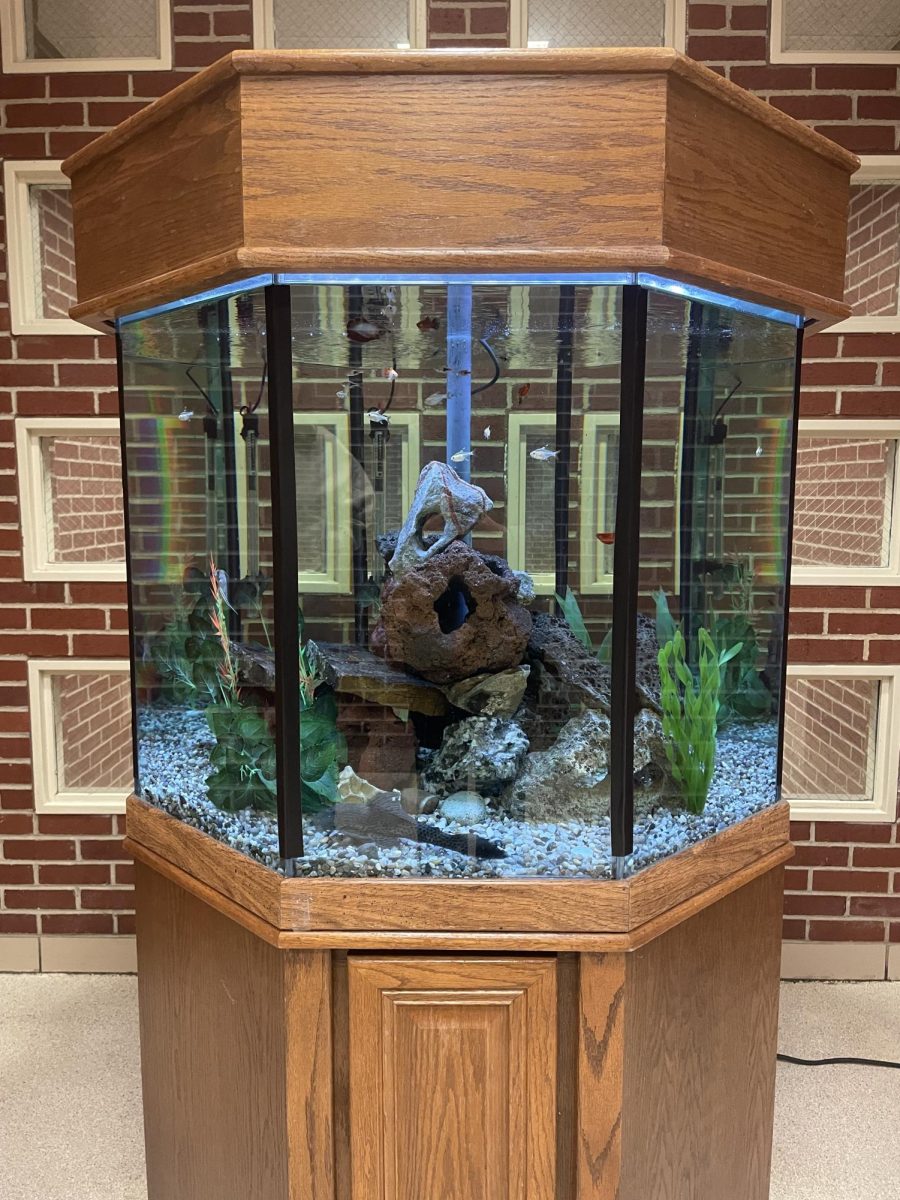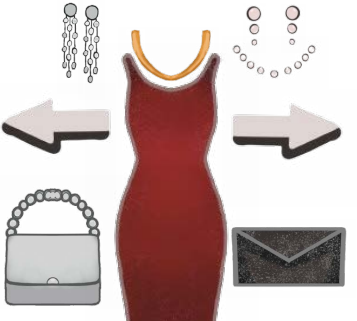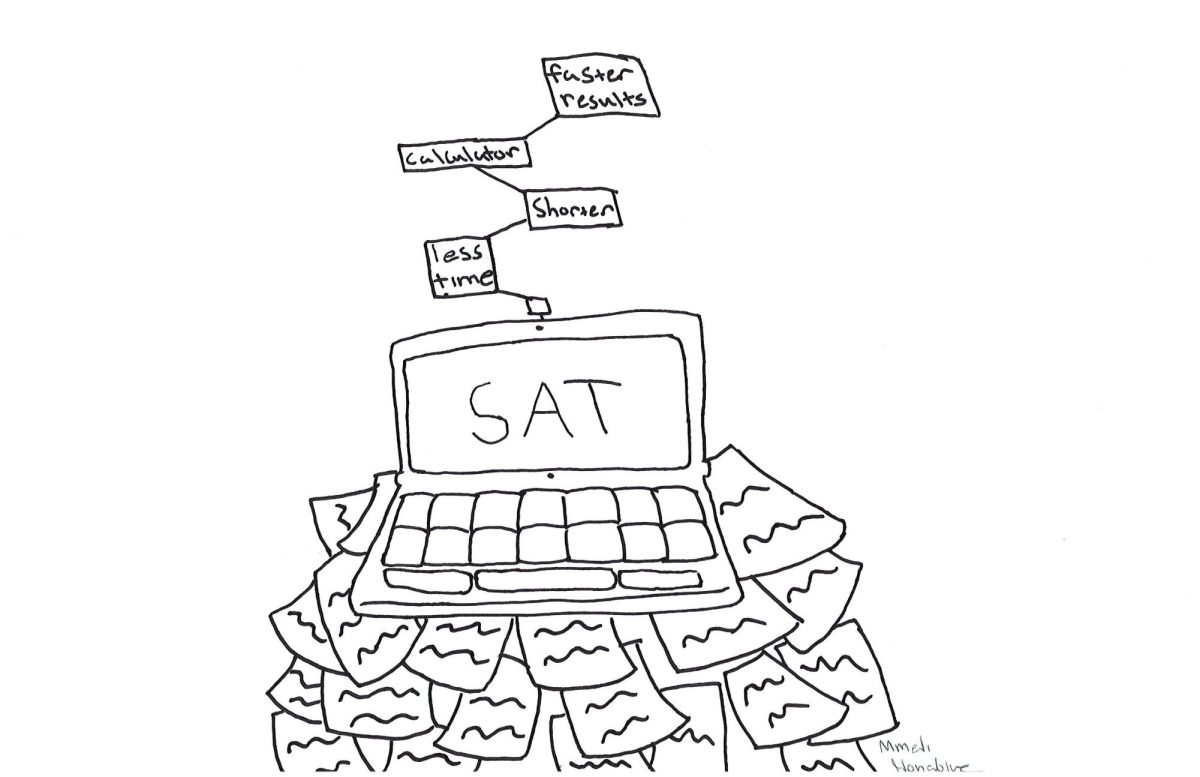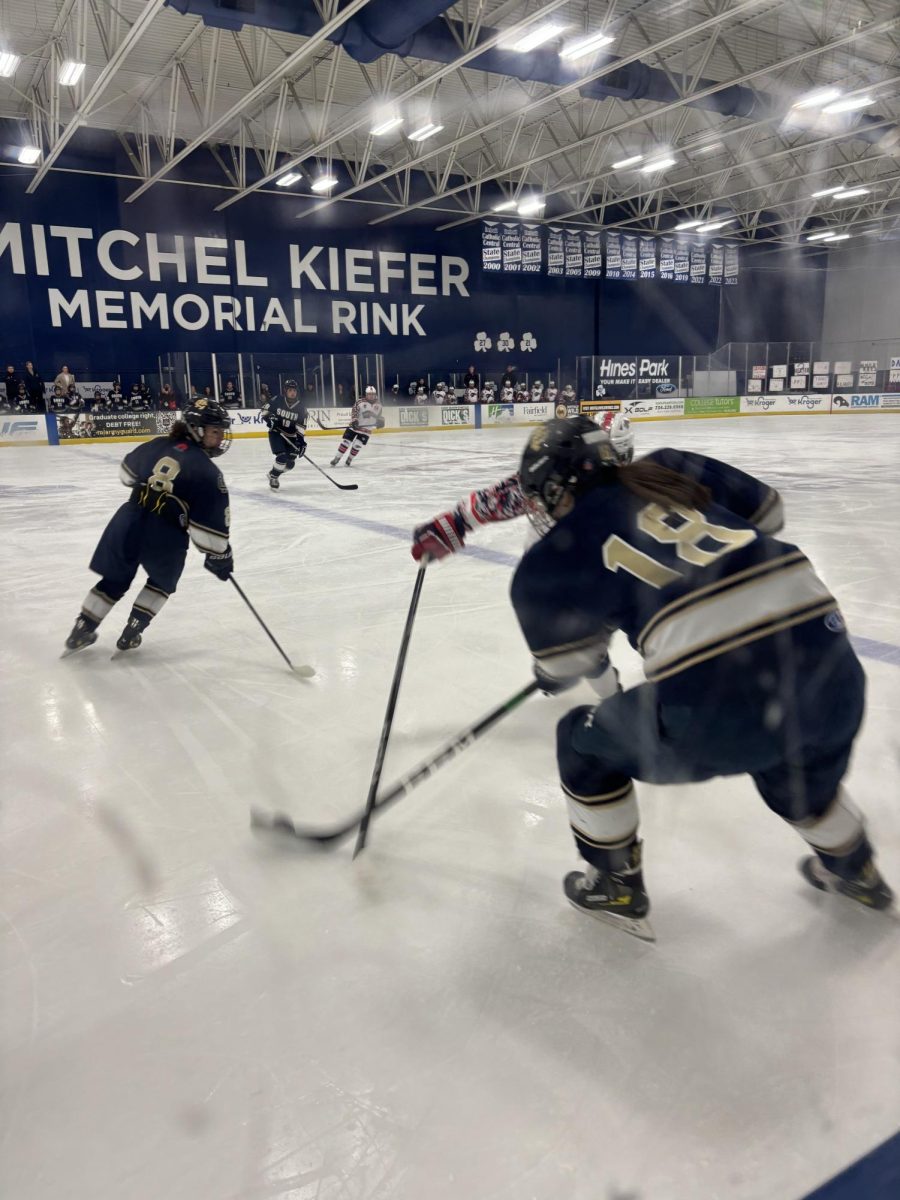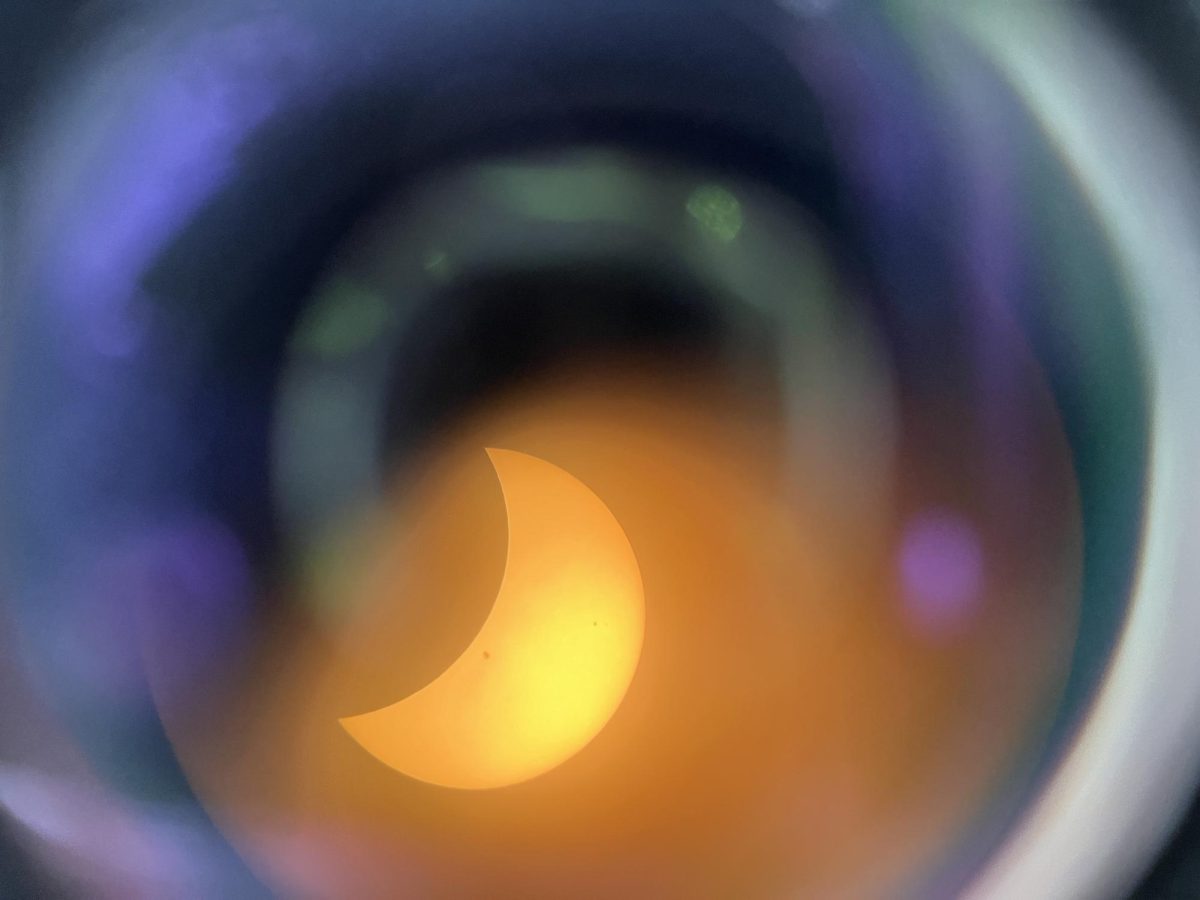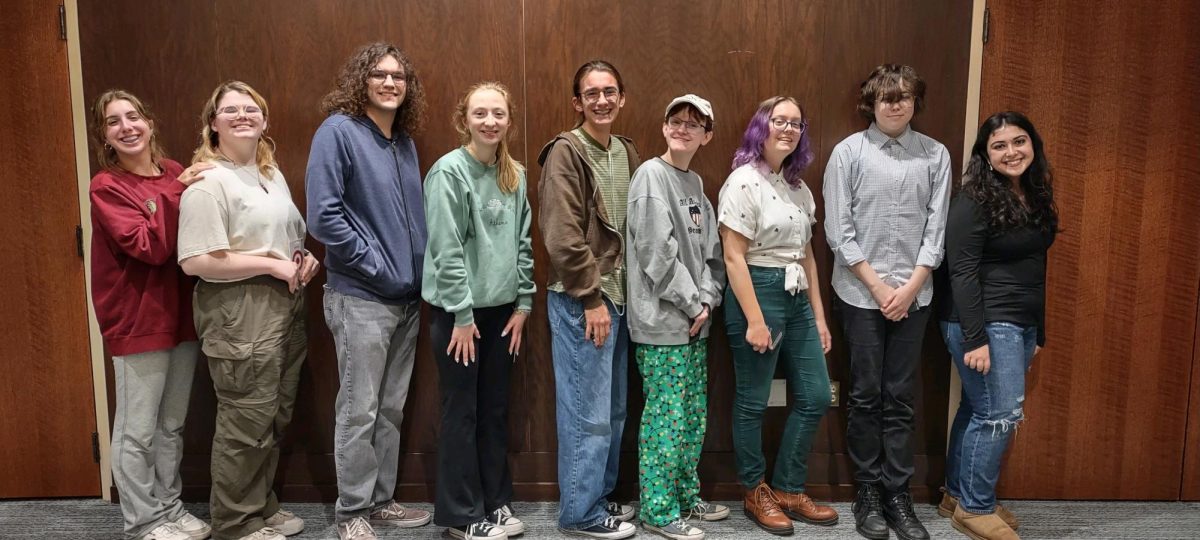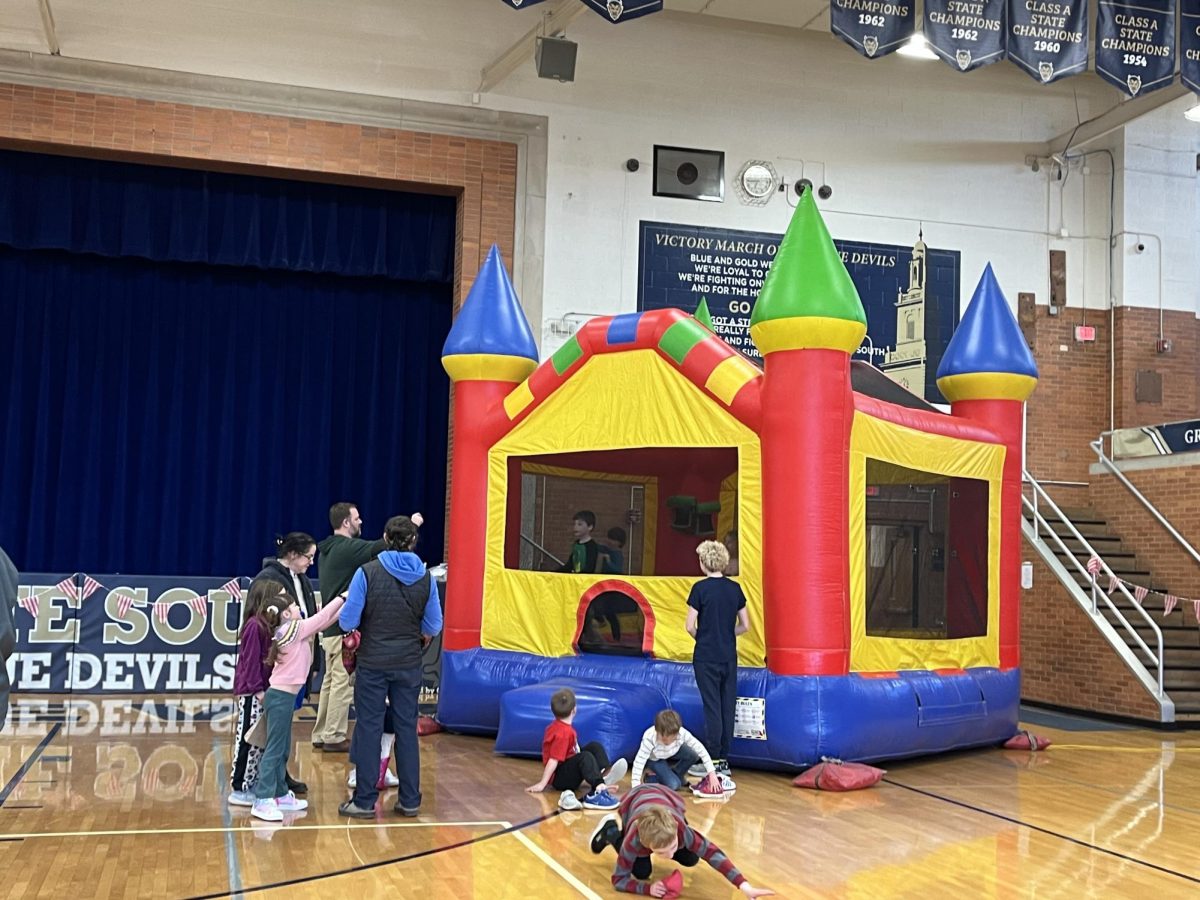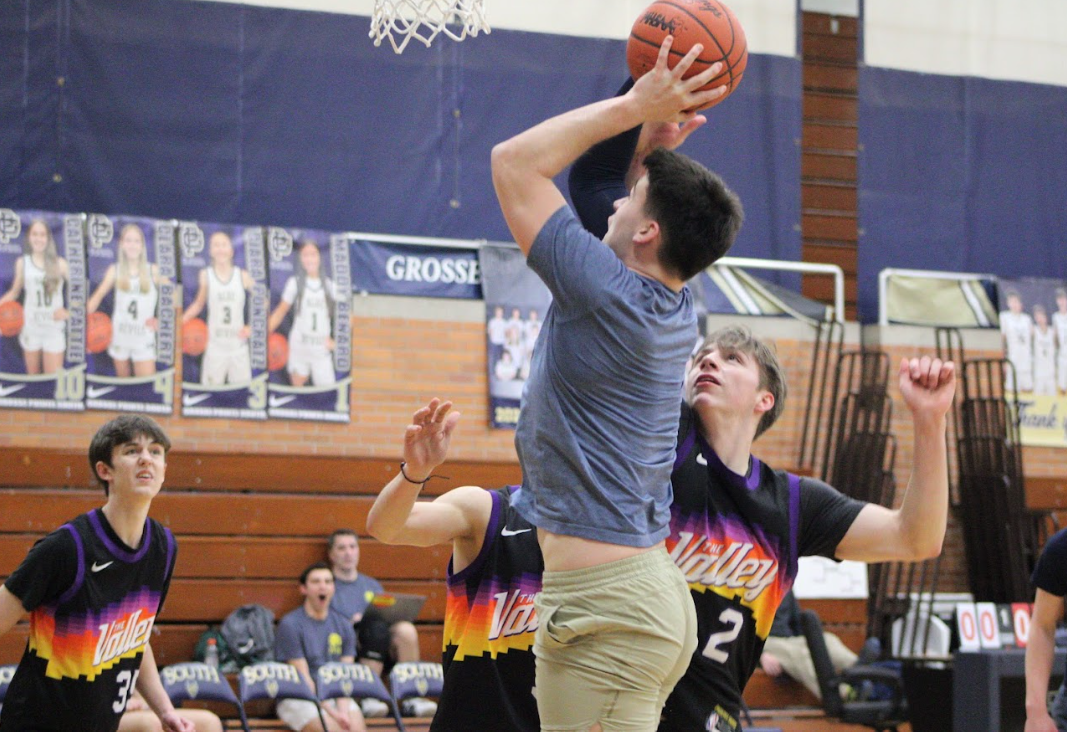By Evan Skaff ’18 | Staff Writer
CJ Lemanski ‘16 has a typical case of “senioritis”, the malady that saps high school seniors’ energy towards homework and tests in the latter part of their last year in high school. During the last couple of months, on the nights before his tests, he has stayed out later than he would have in the past years and to do things with his buddies, and he usually just skims the material he needs to know for the next day.
“First semester is very stressful, a lot more serious than I thought it would be. After second semester it started to feel more relaxed,” Lemanski said. “But after spring break it really hit me that it is over and senioritis started to set in.”
Last year, Lemanski didn’t notice the impact of senioritis because of the pressure and importance of junior year, he said. Nowadays, seniors use the expression “second semester seniors” as an excuse to not study for their tests.
“The perception is you don’t have to try, but you have to put in some minimal effort, just enough to get by,” Lemanski said. “I do homework still and study for tests a little, but more going through the motions than anything else.”
Steven Wolf, Assistant Principal at South, is familiar with senioritis and understands that it does occur in high school. He said that he recognizes it is more about the seniors’ excitement of moving on with their life and letting go after all the work they have done the last four years.
“I don’t necessarily look at it as much of a negative as much as students feeling great about what they have done and moving on,” Wolf said. “It’s a celebration to them. ‘I’ve worked so hard, so why don’t I get to let go a little bit and take it easy in a few of my classes.’”
Juniors inevitably feel the need to step into last year’s seniors’ shoes, and many get senioritis when they come into the second half of their senior year. Wolf said he worries that this tradition will affect grades and more importantly prospective college careers.
“People who entirely blow off the last quarter of their school year who are seniors really drop the ball,” Wolf said. “We’ve actually had universities retract their offers of acceptance because they just bomb the last quarter.”
The majority of students do not have a problem with senioritis affecting them to this extent.
“Students think ‘I’m done; 99% done,”’ Wolf said. “I’ve seen it happen and it’s incredible I think for the student. I think Mr. Flint, who oversees seniors, tries his best to be firm with students to make sure they are following through and not living into that senioritis thing.”
The good news, Wolf said, is that while it impacts some students, in reality at South senioritis affects very few seniors permanently.
“I think for some of the kids it can have an impact, but if I’m being honest with you, for the majority of kids I don’t think it translates into college,” Wolf said. “For some kids, it leaves them with an impression of ‘Hey, you know what, I can slack off a little bit and it didn’t affect me all that much, so maybe I can take things not as seriously in college and still be successful’, and they learn the hard way.”
Angelo Pendolino ‘17 is friends with a lot of seniors and said that he definitely believes that senioritis exists among his senior friends.
It’s definitely hard on me because they wear off on me sometimes,” Pendolino said. “But long as you’re careful and don’t let your grades drop too much then you should be good.”
Pendolino thinks that the seniors after second semester have it way easier and they don’t care as much anymore.
“They get called out more, they don’t study as much,” Pendolino said. “When they don’t have to study, I do. I would rather be hanging out than studying. It’s important that I still stay on top of my grades because it’s junior year and that’s a big year in high school.”
However, senioritis is not just existent among seniors. Pendolino notices that he sometimes exhibits this behavior.
“When I hang, I still have to study and they get called out and like their carelessness rubs off,” Pendolino said. “When they don’t study it makes me not want to, but I have to anyway.”
Wolf agrees with Pendolino’s thoughts on how senioritis affects underclassmen.
“The underclassmen see that and they assume that I’m going to have to live into that role when I’m a senior and perhaps not work as hard the last month of school or perhaps not take things as serious,” Wolf said. “It’s a manifestation:something is put out there, a belief, and people just assume it is true and live into it when it’s not actually true; manifest destiny.”
Wolf believes that what may be senioritis for some students is really a normal behavior pattern for others.
“There are kids who have always gone above and beyond and worked really, really hard and it really wouldn’t be senioritis for them,” Wolf said. “Some kids were never good at following through completely, it’s just their normal behavior. They use senioritis as an excuse and they haven’t always been consistent and followed through. I think that the number of students who fit the definition is very few. I think our kids at South work exceptionally hard, are very well rounded and that’s the reason that they can slack off a bit in the last month of school.”
Wolf advises seniors to make sure that even if they are ready to move on to their next experience in life, make sure that they leave South in a good way.
“I think it is important for kids to remember that you are remembered by how you go out,” Wolf said. “In other words, the impression you leave when you walk out the door is usually the one that is left standing in everyone’s memory, so I’d hate to see a kid who did an exemplary job at South, and the last week of school, they make a fool of themselves. And unfortunately, we can remember the last week more than the other three and three quarters years.”
Biology teacher James Adams has his own perspective on senioritis.
“I think that there is an aspect of senioritis no matter what this time of year,” Adams said. “After the AP tests, it is extremely bad, because even seniors want to do well on the AP test. So they kind of hold it together until then, but after that they really don’t want to do a whole lot.”
“I think seniors look at it differently because the whole college application stuff is over and they think ‘Well, I probably won’t have to send in my senior grades if I do OK,”’ Adams said. “So they tend to take things a lot more lightly. Not everybody, but in general.”
Adams shared some of Wolf’s views on senioritis.
“I know some people who are deferred from college who then have to turn in their first semester grades senior year, they really worry about that,” Adams said. “I have never heard of anyone getting rejected. If they drop an AP class, they have to tell the college that they dropped it and that could affect them getting in or not. It’s better to stay in the AP class at that point. Because I have AP students who are worried about getting into the college that they really want to get into, there probably is more senioritis with other teachers.”
“In classes with all seniors, I think it would be really hard,” Adams said. “In my classes, I have sophomores, juniors and seniors, and the sophomores and juniors still care a lot, which makes the seniors still sort of care, because otherwise they would be horrible in class.”
Adams agrees that it is student specific as to how they handle their particular case of senioritis. It’s totally based on the individual. Some people just check out and that’s not more or less based on the year and it hasn’t changed much over the years.
“I had senioritis senior year, I did not try as hard and skimmed through my work. But that did not translate into my freshman year in college,” Brennan Ifkovits ‘15 said. ”I knew that the end of senior year was a break but I had to get back to work in college because it is important and it costs money.”
Principal Moussa Hamka agreed with Wolf’s philosophy on the importance of finishing what you started and summed up his advice to seniors.
“We still have to do our job and finish strong,” Hamka said. “The impression you leave when you are on your way out is very strong. Walk out with your chin up and your shoulders back. You have to finish strong because every new beginning is some other beginning’s end. Finish strong.”




